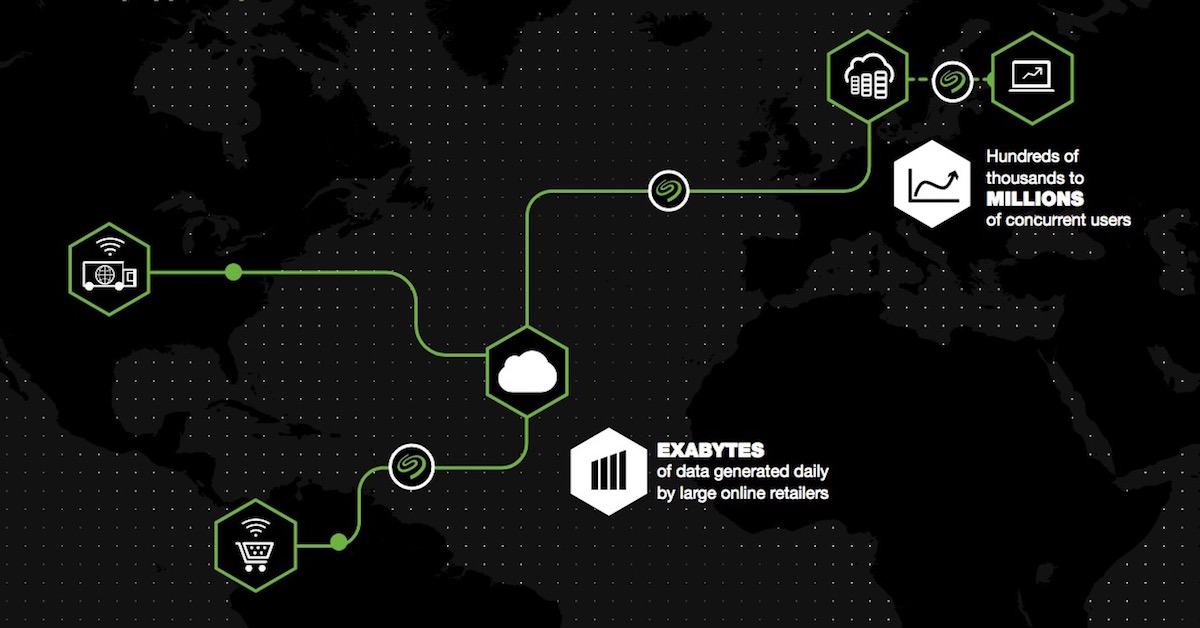Companies have had to address a number of challenges in recent years as IT environments grew increasingly complex. One of those is keeping costs low while maintaining infrastructure storing mission-critical assets. Data volumes and the size of applications have grown considerably, pushing the demand for highly efficient hardware. The Open Compute Project emerged in response to the need to balance high capacity with performance and cost effectiveness, and Forbes contributor Tom Coughlin recently explored the effect of the Open Compute Project on the storage ecosystem.
Coughlin noted the advantages of Facebook’s cold storage solution, which can be used to efficiently retain data that is rarely accessed. The archiving solution made headlines recently, but Open Compute has led to a number of improvements in cloud storage technology and implementation practices. One of its main effects is the integration of high capacity storage solutions with custom-designed infrastructure. Coughlin analyzed Facebook’s use of 3.2 TB PCI-e cards, noting that these deliver notably high performance. In addition, the company’s HYVE server consists of 15 hard disk drives, and its configuration is compatible with Open Rack.
“With the amount of digital data in data centers growing annually and storage budgets highly constrained open source storage system designs can fill an important niche for data centers and IT people comfortable with installing and maintaining their own hardware,” Coughlin wrote. “Developments like those of Backblaze and the Open Compute Project are re-defining the possibilities of enterprise infrastructure and will likely find homes in more and more data centers.”
Another advantage stems from a market standpoint. As GigaOM contributor Jordan Novet reported, demand for customized servers based on Open Compute standards has grown. This has allowed for less known cloud hardware providers to compete effectively with larger companies. By delivering specially tailored solutions based on Open Compute, businesses can fulfill customers’ unique needs. In addition, programs such as the Seagate Cloud Builder Alliance can help cloud providers maximize the value of their solutions by giving access to best-in-breed technology and a wider breadth of industry expertise.







